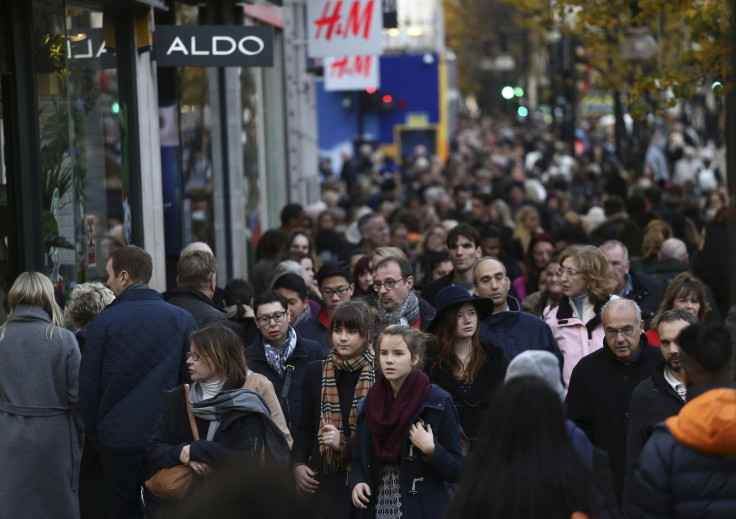A third of Brexit voters describe themselves as 'racially prejudiced'
Britain has become more liberal over gay marriage but race remains a sticking point.

Brits who voted for Brexit are more likely to describe themselves as "racially prejudiced" than those who voted against, a survey has found.
Thirty-four percent of voters who backed Leave in last year's European Union referendum admitted to racial prejudice, compared to 18% of Remain voters, according to the National Centre for Social Research.
The poll which has been conducted for over three decades discovered that Britain has gradually become more socially liberal on a range of issues such as sex outside marriage, gay relationships and abortion.
But on race the study found that 26% of Britons, or one in four, still describe themselves as "very" or "a little" prejudiced towards people of other races.
This percentage has never fallen below a quarter of the population since the survey, which is written along with race equality think tank Runnymede Trust, was established in 1983.
Men were more likely than women to say they were racially prejudiced, at 29% compared to 23%, said the report, which spoke to 2,220 people.
Also published in the report was new data from the European Social Survey conducted in 2014 revealing that 18% of Britons agreed that "some races or ethnic groups are born less intelligent".
A total of 44% of the 3,000 Britons involved in the survey added that some ethnic groups naturally more conscientious.
The population was also divided along party lines, with 33% of Conservative party supporters admitting racial prejudice compared to 18% of Labour supporters.
The study also found that the focus of racial prejudice may have shifted, with less vitriol aimed at black people but more prejudice towards Muslims.
In 1983 a total of 79% thought most white people would mind if a relative married a black person and 77% would mind if a relative married an Asian. By 2013 this had dropped to 46% and 50% respectively. But when the survey asked the same question about a relative marrying a Muslim it found that 70% thought most white people would object.
Significant minorities
Nancy Kelley, deputy chief executive at the National Centre for Social Research, said: "These numbers provide clear evidence that a significant minority of people in Britain feel prejudiced towards people of other races.
"The findings seem to buck the trend of growing tolerance we have seen in the British Social Attitudes survey.
"Prejudice on this scale is something we as a society should be concerned about, not least as there is a significant body of evidence that even subtle racial prejudices contribute to racial inequality in areas such as education, employment and in the criminal justice system."
Runnymede director of racial equality Dr Omar Khan said: "We have been far too complacent about a rising wave of tolerance leading to a less prejudiced society. We need new ways of talking about race to tackle the stereotypes and fears of difference that give rise to unfairness.
"But even more importantly, we need policies that tackle racial inequality and enable greater social interaction between people from different backgrounds."
© Copyright IBTimes 2025. All rights reserved.





















